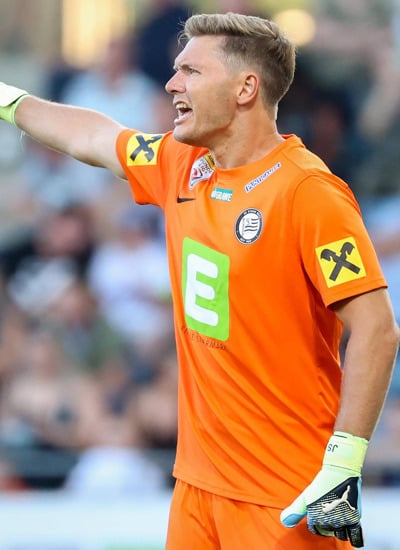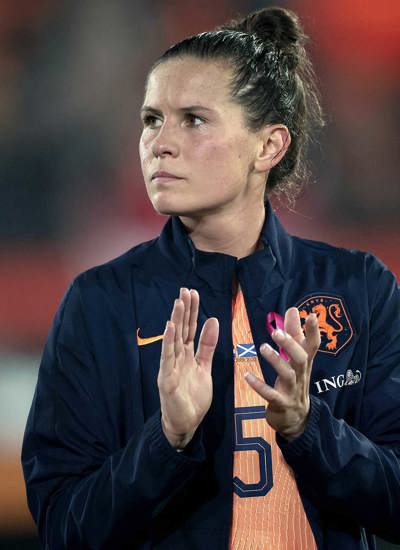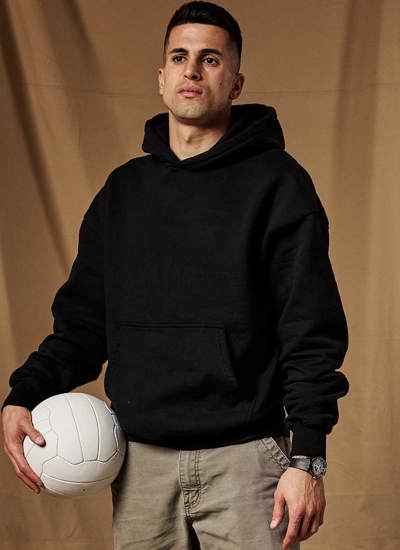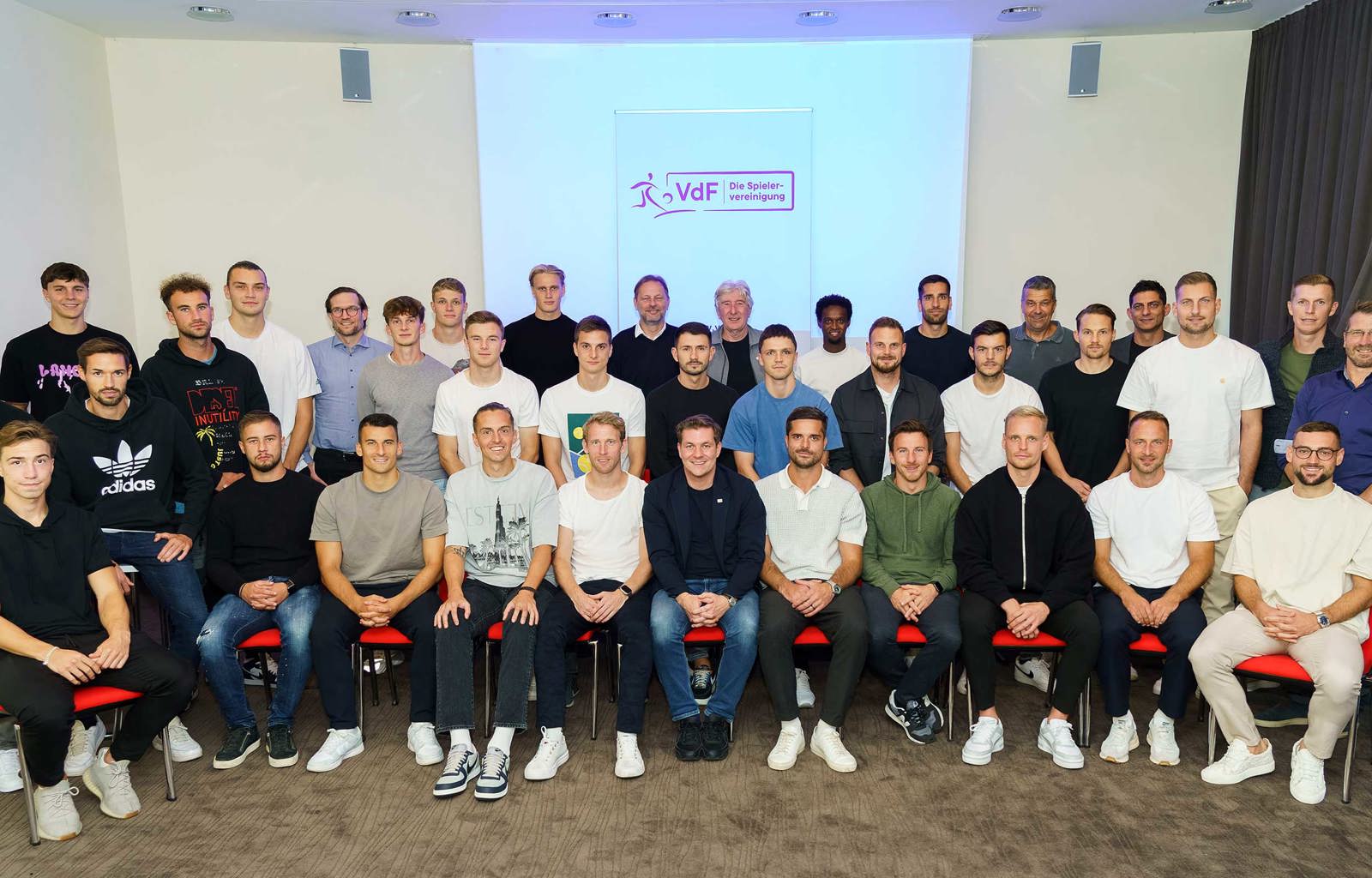
- The Vereinigung der Fußballer (VdF) continues as an independent organisation after leaving the Austrian trade union (ÖGB) a year ago
- “We could no longer look after the players in the way we wanted to,” said Gernot Baumgartner, the union’s chairman
- VdF now wants the right to negotiate collective bargaining agreements (CBA)
The history of Austrian player union VdF dates back to 1988. Back then, Rapid Wien were Austria’s strongest team and about to clinch their 29th league title. Despite the success, the club were experiencing financial problems and could not afford to pay players’ bonuses. The club’s leadership decided to cut the bonuses despite existing player contracts that were in place. The country’s biggest newspaper reacted with the headline: "If only the players had a union".
Rudolf (Rudi) Novotny contacted the players and decided to establish the Vereinigung der Fußballer (VdF). He was immediately successful: the Rapid players received their bonuses.
Novotny, currently honorary president, laid the foundation for the VdF, working largely on his own until Gernot Zirngast joined him in 1996. In the last 35 years, the VdF has proven its worth for players and managed to get professional footballers recognised as workers. The union has fought many battles with club owners who wanted to cut wages, ban or sack players, and has a representative on every committee that affects players’ working conditions.
The VdF’s biggest achievement is the collective bargaining agreement (CBA), which Novotny and his colleagues pursued for 20 years until they signed it in 2008 with the Austrian Bundesliga. It has been there since, with only small amendments being made from time to time.

The VdF has also created unique initiatives, such as the Tabelle der Anderen Art (The Table of a Different Kind), which is an anonymous player survey aimed to improve their working conditions.
They also host the Starcamps, where active and former professional footballers and coaches train young players. The VdF launched them in 1998 with support of municipalities and sponsors, to offer children a training camp at an affordable rate, and to educate them about respect and responsibilities. Each year, around 1,000 kids participate in the Starcamps.
One year before the VdF launched the Starcamps, they presented their first player awards show: the Bruno Gala. The awards are named after Bruno Pezzey, one of Austria’s most celebrated and respected footballers, and is the most important personal football prize in Austria.
Status
The VdF has around 1,000 members. They try to stay close with the players by involving them as much as possible. Chairman Gernot Baumgartner told FIFPRO: “We have regular contact with the players. All VdF staff are former professionals, so we know at what moments players are approachable and open to conversation, and how we can best communicate with them. Our six-member player board is also very much involved in our daily business and thus well-informed. We discuss every important decision with them.”
The strength of the VdF has been tested in the last twelve months. Since Novotny started the union in 1988, the VdF had been part of national trade union ÖGB. However, the VdF wanted more autonomy, which was not possible within the ÖGB structure.
Baumgartner said: “The ÖGB was too much involved in our work in football, and we could no longer look after the players in the way we wanted to.”
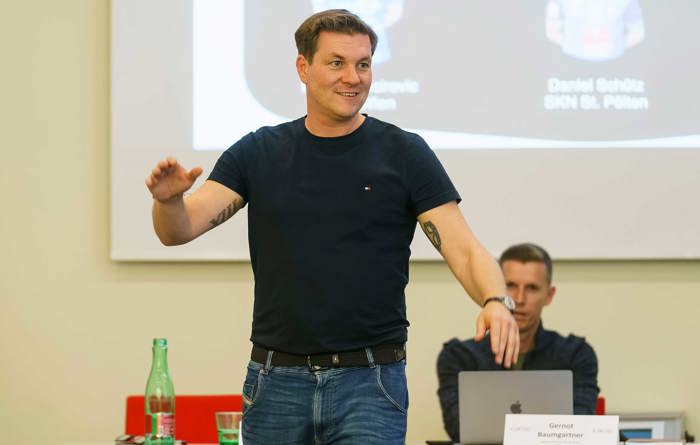
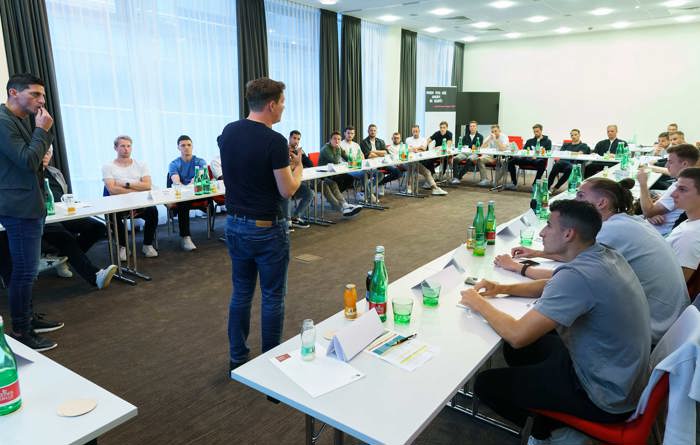
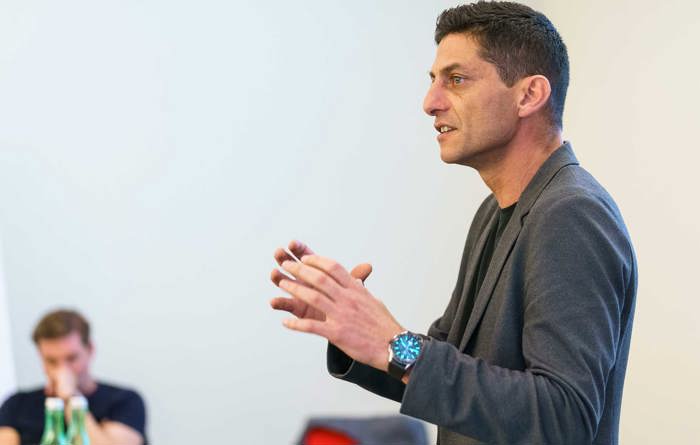
In November 2022, the VdF officially left the trade union and continued as an independent and autonomous organisation. "It was absolutely the right decision. It sounds like a big undertaking, but with 35 years of know-how, we knew it would be possible." The players followed the VdF: they resigned from the ÖGB and stayed close to their player union.
The VdF is now trying to acquire the right to represent players during the collective bargaining process. Next week, a special office will decide whether the VdF will be granted that right.
Baumgartner said: "Our lawyers are sure that we have the right to do so – but even if we are right according to law, it doesn't always mean we will get a positive decision. Since the decision in the first instance is made by an office and not a court, it is possible that we might lose the first round.
"But we have a plan B and, if necessary, we will go to the next stage, which is the court. In the end, we will negotiate our collective agreement ourselves. According to the European Convention on Human Rights, it is a human right."
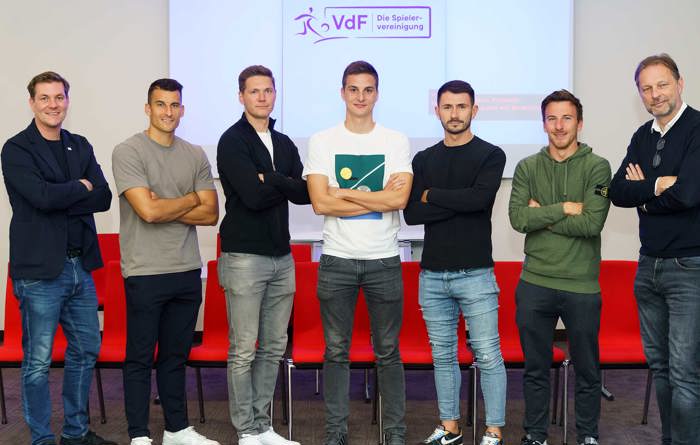
For the VdF to acquire that right, it needs the support of the players. The more footballers are members, the stronger the union is. “We explained to the players that the VdF is part of FIFPRO, that we are connected with 65,000 players worldwide, and that FIFA and UEFA only recognise FIFPRO member unions as the players’ representatives.
"We tell the players: if you want to be in the same organisation as Lionel Messi, Cristiano Ronaldo, Erling Haaland and David Alaba, then you are in good hands with the VdF. If you identify more professionally with lifeguards or bus drivers, then you are better represented by the other union.”
Another challenge is organising women’s players. The VdF has some women’s members, but still has some way to go. In mid-November, it will organise a meeting with players, where they will also welcome FIFPRO’s Deputy General Secretary Simon Colosimo. Baumgartner said: “We are approaching the players and want to work with them on how we can help advance women's football. We will also visit all Bundesliga teams next year. This is really important, and we are very much looking forward to it.”
